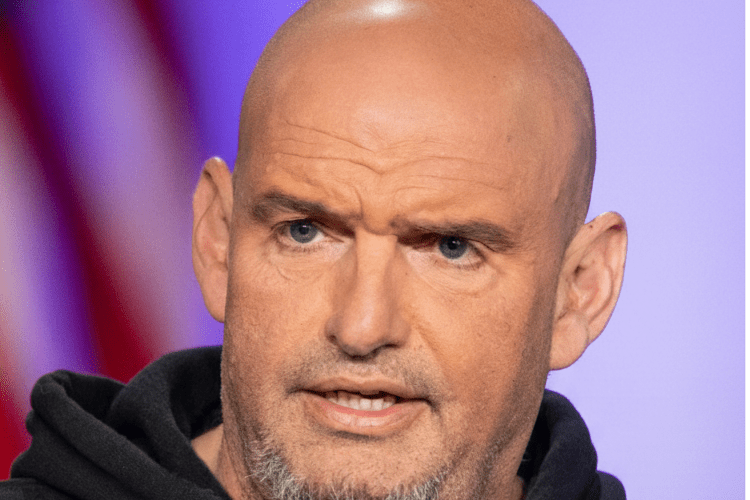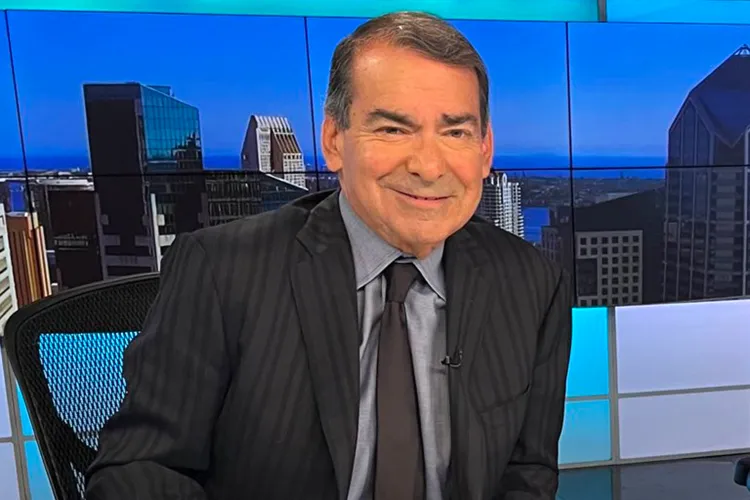From Stroke Survivor to Senate Warrior: John Fetterman’s Heart-Stopping Morning Walk Nightmare – Ventricular Scare Lands Beloved Pa. Dem in Pittsburgh ER, Just Days After Raw Memoir Drops Bombshells on Hidden Struggles
In the misty hush of a Braddock morning, where the Monongahela River curls like an old friend through Pennsylvania’s steel-hearted hollows, Senator John Fetterman set out for what should have been just another step in his daily rhythm—a simple walk to shake off the chill and clear the mind. At 56, the towering figure with the shaved head and hoodie-clad resolve had turned these routines into small acts of defiance, reminders that life, even after its cruelest punches, marches on. But on this crisp Thursday, November 13, 2025, the ground betrayed him. A sudden wave of light-headedness swept in, unannounced and unforgiving, sending him tumbling forward in a blur of gravel and regret. His face met the earth first, a jarring impact that left minor cuts and bruises blooming across his features, but it was the deeper alarm—the erratic flutter of his heart—that truly stole the breath from the scene. Rushed to a Pittsburgh hospital out of what his office called an “abundance of caution,” Fetterman found himself once again at the mercy of monitors and medications, a ventricular fibrillation flare-up diagnosed as the culprit behind the chaos. It’s a moment that tugs at the soul, not just for the man who stares back from the news feeds with that wry, unpolished grin, but for every American who’s ever felt the fragility of their own footing in a world that demands unyielding strength.
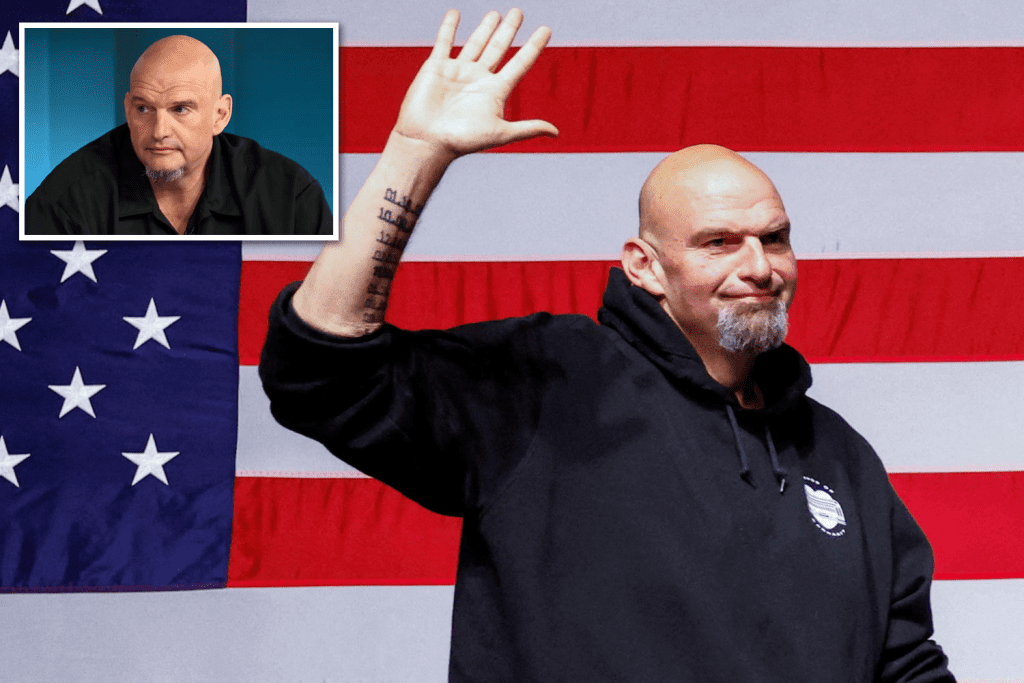
The news broke like a thunderclap across the Keystone State and beyond, Fetterman’s office issuing a statement that blended clinical calm with the senator’s signature spark of humor. “Senator Fetterman was feeling light-headed and fell to the ground near his home in Braddock this morning,” the release read, the words carrying the weight of familiarity for a public that’s walked this road with him before. Diagnosed with ventricular fibrillation—a condition where the heart’s lower chambers quiver uselessly instead of pumping blood effectively—the fall wasn’t mere clumsiness but a stark echo of battles long fought. He was “doing well and receiving routine observation,” they assured, yet he’d chosen to extend his stay, allowing doctors to tweak his medication regimen with the precision of a mechanic fine-tuning an engine that’s carried him through storms. Gratitude poured from the page: “Senator Fetterman is grateful for the EMTs, doctors, and nurses who are providing his care.” And then, that quip—pure Fetterman, a flash of levity amid the beeps and bandages: “If you thought my face looked bad before, wait until you see it now!” It’s the kind of line that draws a reluctant chuckle even as worry knots the stomach, a reminder that this isn’t a stranger on a screen, but a husband, a father, a fighter whose candor has endeared him to voters on both sides of the aisle.
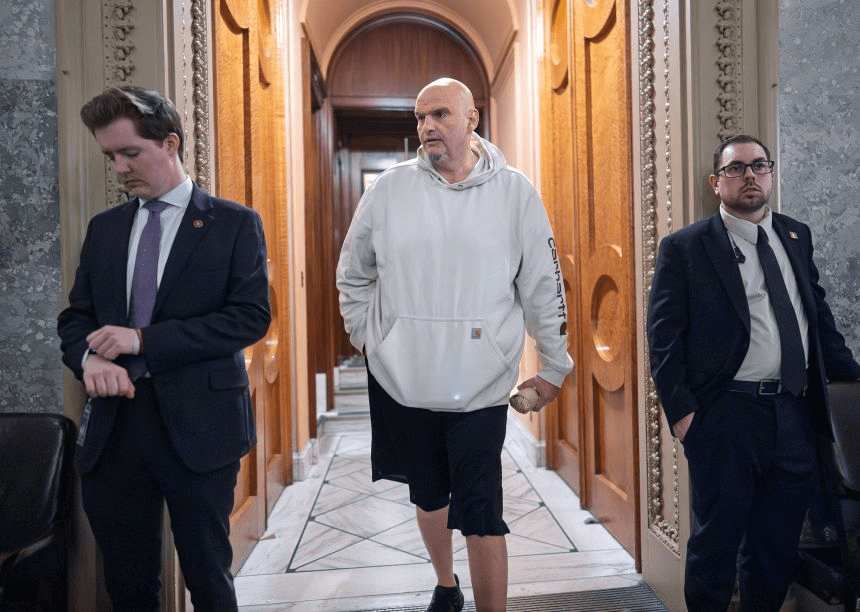
To understand the raw emotion rippling from this incident, you have to trace the threads back to May 13, 2022—a date etched into Fetterman’s story like a scar that tells its own tale of survival. Campaigning vigorously for Pennsylvania’s open Senate seat, the then-lieutenant governor collapsed onstage during a salute to local firefighters in Salem, Pennsylvania. What followed was a near-fatal stroke, a hemorrhagic event that flooded his brain with blood and left him fighting for every word, every step in the months that came after. Hospitalized for weeks at Penn Medicine in Lancaster, Fetterman emerged changed—his once-fluid speech now laced with pauses, his right arm weakened, a subtle limp shadowing his stride. Yet, in the face of skeptics who whispered of frailty, he pressed on, winning the Democratic primary just days later and clinching the general election against Dr. Mehmet Oz in November by a resounding 4.9 percentage points. It was a victory born of vulnerability, his hoodie and shorts a deliberate armor against the suits of Washington, symbolizing a man who refused to let affliction define him. “I’m not a perfect messenger, but I am a perfect example,” he said in his victory speech, voice steady despite the therapy sessions that had become his unseen campaign trail. That authenticity resonated, turning personal peril into public purpose, and Braddock—his adopted hometown, a rust-belt relic he’d helped revive as mayor—into a shrine of sorts for working-class dreams deferred.
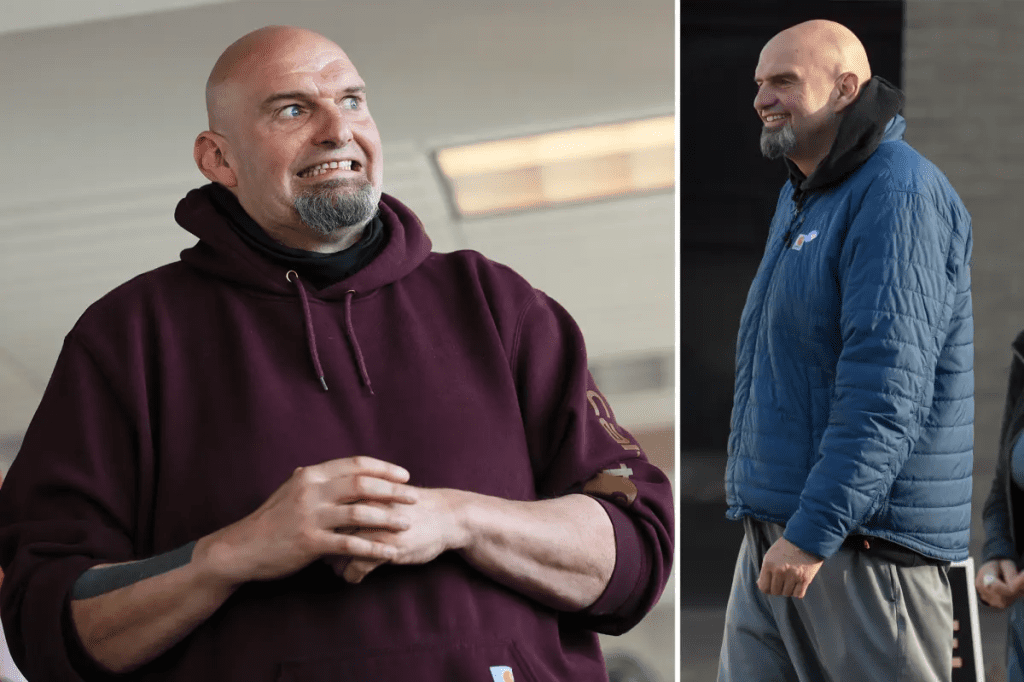
Fast-forward three years, and Fetterman’s health has been a quiet undercurrent to his Senate tenure, a tapestry woven with triumphs and trials that few politicians dare to display so openly. The stroke’s aftermath brought not just physical hurdles but a profound mental reckoning; in early 2023, he checked into Walter Reed National Military Medical Center for treatment of clinical depression, a step he described later as “the best decision I’ve ever made.” Emerging after six weeks, he spoke with the unguarded honesty that defines him: “Depression tried to kill me, but I beat it.” It was a confession that shattered stigmas, earning applause from mental health advocates and quiet nods from colleagues who’d navigated their own shadows. By summer 2024, he’d resumed his duties with renewed vigor, championing bipartisan efforts on issues like veterans’ affairs and drug pricing, his voice a gravelly bridge across divides. Pennsylvania’s senior senator, Bob Casey, a fellow Democrat facing his own reelection battles, praised Fetterman’s resilience in a joint appearance that fall: “John’s story isn’t just his—it’s ours, a reminder that strength shows up in the getting back up.” And through it all, his family stood as the unshakeable core: wife Gisele, the Brazilian immigrant and social worker whose fierce advocacy amplified his platform; their three children—Karl, 10; Grace, 8; and now 4-year-old Gabriel—whose crayon drawings and bedtime stories grounded the whirlwind of D.C.
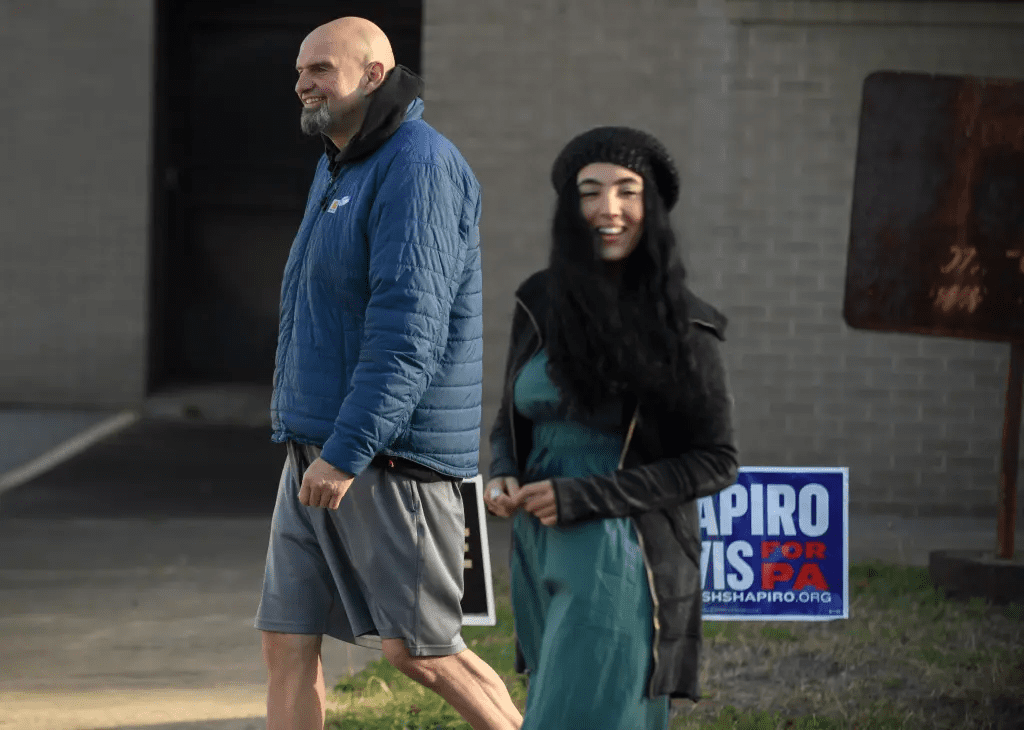
This latest flare-up lands just two days after the release of Fetterman’s memoir, “Unfettered,” a 320-page gut-punch of introspection that hit bookshelves on November 11, 2025, via Simon & Schuster. Timed for the holiday rush, the book isn’t a polished political playbook but a raw excavation of the soul, delving into the stroke’s terror, the depression’s abyss, and the improbable ascent from Braddock’s mayor’s office—a converted fire station where he and Gisele raised their family amid community barbecues and budget scraps. Excerpts shared in pre-release interviews paint vivid strokes: the disorientation of relearning to speak, the frustration of a body that lagged behind a mind racing with ideas, the quiet nights when doubt whispered louder than applause. “I felt like a ghost in my own life,” he writes of those early post-stroke months, words that have already sparked a swell of empathy from readers, with early reviews hailing it as “the most human political memoir since Obama’s.” Gisele’s contributions add layers of tenderness, recounting her vigil by his bedside and the family’s pact to embrace imperfection. “John’s not unbreakable—he’s just unwilling to break,” she told The Atlantic in a promotional sit-down, her eyes shining with the pride of a partner who’s bandaged more than wounds. The timing feels almost poetic, this health hiccup arriving as the nation absorbs his unvarnished truths, turning a private stumble into a public punctuation on themes of endurance.
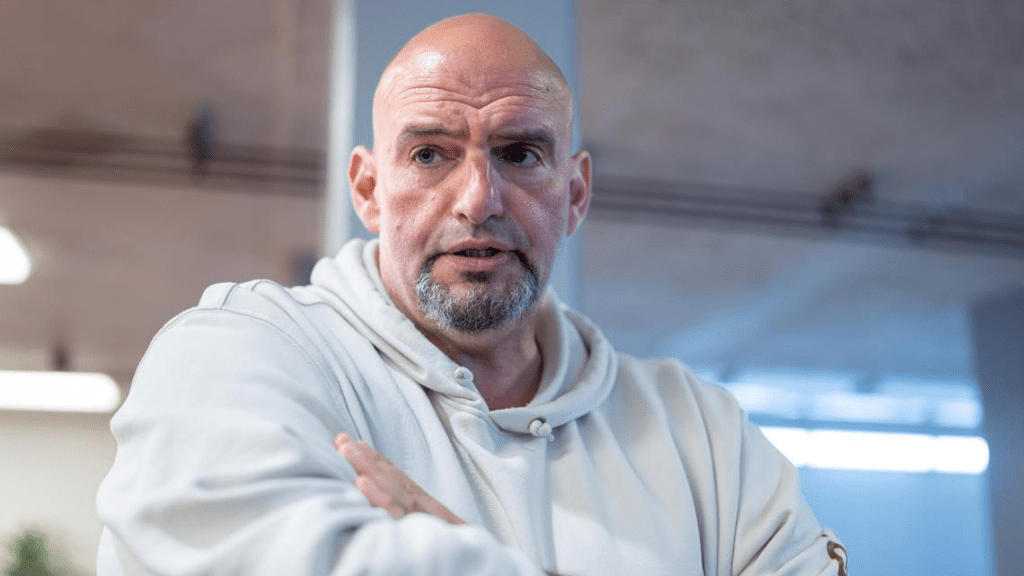
As word spread Thursday afternoon, the response was a flood of heartfelt solidarity, a digital embrace that transcended party lines in a capital often fractured by them. From the White House, President Joe Biden—whose own whispered concerns about Fetterman’s fitness had fueled 2022 speculation—offered a brief well-wishes via spokesperson: “Our thoughts are with Senator Fetterman and his family during this time. He’s a fighter, and we’re rooting for his quick recovery.” Across the aisle, Pennsylvania’s Republican Governor Josh Shapiro, a former Fetterman ally turned gubernatorial rival, posted on X: “John’s tougher than the toughest steel from our mills. Get well soon, friend—Pennsylvania needs you strong.” Social media lit up with memes blending concern and his humor—photoshops of Fetterman rising like a phoenix, captions riffing on his quip about his “upgraded” face. Mental health organizations like the National Alliance on Mental Illness amplified calls for awareness, linking the incident to broader conversations on cardiac care post-stroke. And in Braddock, neighbors gathered at the local coffee shop, swapping stories of the senator who’d once shoveled their sidewalks during floods, their worry laced with unwavering faith: “He’s fallen before and come back swinging,” said one retiree, nursing a black coffee. “This? Just another round.”
Yet, beneath the well-wishes lies a gentle undercurrent of reflection on the toll of public life, especially for those whose vulnerabilities become national footnotes. Fetterman’s journey has always been laced with scrutiny—his 2022 debate performance against Oz, marked by audible processing delays, drew barbs from critics who questioned his readiness, even as polls showed voters valuing his empathy over eloquence. Post-stroke, he’s leaned into transparency, sharing updates on his pacemaker and therapy with the candor of a man who’s nothing left to hide. This ventricular episode, while routine in management, underscores the ongoing vigilance required; ventricular fibrillation, if unchecked, can lead to sudden cardiac arrest, a risk heightened by his history. Medical experts, speaking generally to outlets like CNN, note that such flare-ups are manageable with beta-blockers and lifestyle tweaks—exercise, like those morning walks, ironically a double-edged sword. “It’s a testament to his commitment to stay active,” says Dr. Elena Vasquez, a cardiologist at UPMC Presbyterian, where Fetterman is being treated. “But it also highlights why monitoring is lifelong.” For Gisele and the kids, now hunkered down in Braddock, it’s a familiar rhythm: hospital runs, family huddles, and the quiet resolve that turns crisis into chapter.
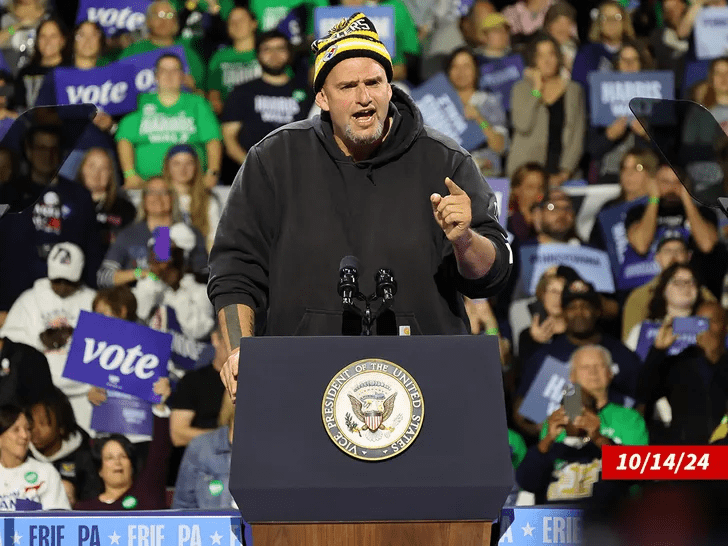
As evening fell over Pittsburgh’s skyline, with the Allegheny’s lights flickering like distant hopes, Fetterman’s team projected optimism—a discharge possibly by weekend’s end, barring complications. It’s a scenario that mirrors his broader narrative: setbacks as setups for comebacks, each hurdle a chance to reaffirm the grit that carried him from local activism to national stage. In “Unfettered,” he muses on legacy not as monuments but as movements—the fight for affordable housing in forgotten towns, the push for addiction recovery funding that honors his own brushes with vulnerability. Colleagues recall his recent Senate floor speeches, delivered with that trademark hoodie, advocating for border security in a nod to bipartisan pragmatism that’s irked some progressive purists but won quiet respect from moderates. “John’s the guy who shows up, scars and all,” says Sen. Chris Murphy, D-Conn., a close confidant. “This won’t slow him; it’ll sharpen him.” For Pennsylvania families watching from kitchen tables, it’s more than policy—it’s proof that leaders can be human, that the climb from fall to firm ground is one we all share.
In the end, this Braddock tumble isn’t defined by the fall, but by the rising—the senator’s quip a spark in the dark, his family’s embrace a shield against the storm. As November’s chill deepens, with holidays on the horizon and a memoir still warm from the press, John Fetterman’s story reminds us of the quiet heroism in persistence. It’s the light-headed moment that tests the heart, the bruise that badges the battle, and the gratitude that gilds the grind. From the river towns he loves to the halls he haunts, his recovery will be watched not with pity, but with the fierce affection of a nation that sees in him its own unyielding pulse. Get well, Senator—America’s walk needs your steady stride.
